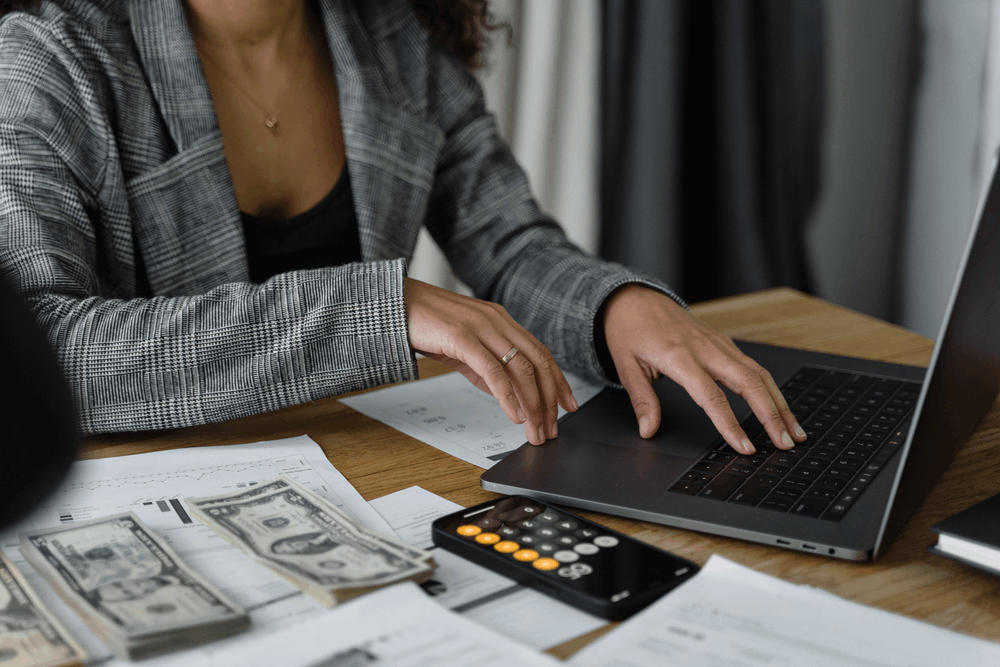The pandemic has had an uneven financial impact across the board. While some households were able to rapidly increase their savings as they continued to work and had nowhere to go, many others struggled with periods of unemployment, loss of income, personal loss, and eviction. If you leaned on your credit cards to get through a tough period, you’re not alone.
But once you get back to work and earning an income, it’s time to set your finances straight and get back on the path to debt freedom. A budget is your plan for your own money. Rather than thinking of it as a limit on what you can or can’t do, think of it as a strategy. It’s your road map to your financial future. With these tips, you’ll be able to create a budget that helps you get back out of debt.
How to Create a Budget That Will Tackle Post-Pandemic Debt
#1 Map Out Your Debts
First, you need to know what you’re dealing with. It’s time to account for all of your various balances and bills. Calculate your carrying costs for each debt and how much you’re paying in interest charges every month. Facing up to this financial reality is an essential first step toward paying it all back. It will also show you minimum payments are designed to keep you in debt as long as possible. So much of those payments get eaten by interest that it can feel like you’re not making progress at all.
#2 Talk to a Certified Credit Counsellor
You don’t need to deal with your budget independently. Help such as credit counselling will give you a smarter and surer path back to financial stability. Certified credit counsellors with a non-profit credit counselling agency like Credit Canada Debt Solutions help in a number of ways. They provide advice on managing bills and debt, tips for building a budget, and explain your debt relief options to you. They can also help you negotiate new rates with your lenders to help you pay them back sooner. When debt becomes overwhelming, credit counselling can give you the advantages you need to beat it.
#3 Prioritize Your Most Important Debts
In conventional times, it always makes the most sense to pay off debts with the highest interest rates first. But temporary eviction bans in many places have led to types of debt people don’t often carry, i.e., months of back rent. Given how strict rent repayment plans can be, this should often come before making headway on credit card debt. The same may go for utilities or other balances that can be consolidated or discharged. Similarly, if you have significant balances like a Parent PLUS loan, consider whether you should refinance the Parent PLUS loan to manage payments more effectively. Refinancing could reduce your interest rate, potentially saving you money over time, and create more room in your budget to handle crucial bills, especially if other pressing debts require immediate attention.
#4 Spend According to Your Priorities
Sticking to a budget is often the hardest part of budgeting. One thing that can help keep you motivated is a debt-freedom goal: something you plan on doing, but only once your credit cards are all paid off. If you love to travel, plan a dream vacation that you can take once you’ve paid off your credit cards and saved enough to go. Some people write their priorities on a Post-It in their wallet so that they remember it every time they go to buy something and weigh their purchase against that plan.



Leave a Reply